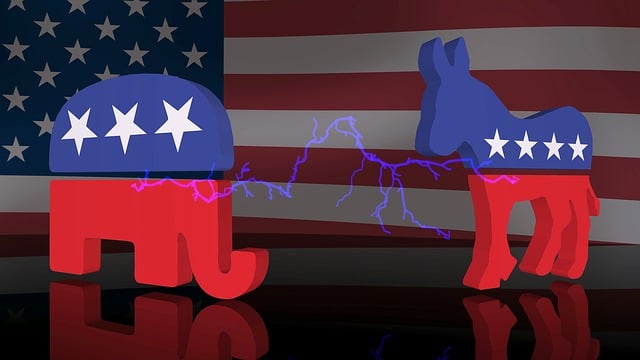
In the United States, the Republican Party is more conservative than the Democratic Party.
Conservative is an adjective that refers to that which preserves (guards, respects, protects). The term, which comes from the Latin word conservātor , is used to name the person or political party that is in favor of the continuity of current ways of life .
Conservatives, therefore, oppose radical change. Conservatism is a doctrine associated with the political right that usually defends traditions , religious values and nationalism . On an economic level, conservatives were once protectionists, although today they are often involved in the defense of the free market.
Characteristics of a conservative politician or party
Specifically, we can establish that a conservative party or politician considers religion to be a fundamental pillar of society since it establishes a bond between all individuals and it is also a spiritual need of the human being.
In the same way, he supports the established order in both political and social matters, he is in favor of private property, he supports what is known as fiscal prudence and does not hesitate to support at all times what is natural law, that is, the Law based on what is custom.
A conservative politician, by definition, wants to maintain the status quo of existing conditions. The dilemma lies in the position adopted in the face of historical changes. For example: the revolution led by Fidel Castro in Cuba marked a historic break in the country's historical and social model. In the 1960s , therefore, communists and socialists were revolutionaries who overthrew the conservative regime of Fulgencio Batista . Today, fifty years later, these revolutionaries have become conservatives since they have been defending the same system for half a century.

Cuban communists and socialists went from being revolutionaries to conservatives.
The case of Spain
In Spain there was a political party called the Liberal-Conservative Party. It operated from 1876, when it was founded, until 1931. It was led by Antonio Cánovas del Castillo and was in charge of the country's government for a long time.
Francisco Silvela and Antonio Maura were other politicians who were in the ranks of this party, which, among other things, advocated the monarchy as a form of government in the nation. Hence, when the First Republic failed, they decided to convince Alfonso XII that he should take charge of the State.
Conservative Party in Britain and other countries
The Conservative Party exists in various countries to defend policies such as those already mentioned (nationalism, traditions, etc.). One of the most important is the Conservative Party of Great Britain ( Conservative Party ), which was created in 1830 and is the British party with the largest number of members. One of its leaders in recent decades was David Cameron , who served as Prime Minister from May 2010 to July 2016 .
This British party, which has won the most electoral victories in its country throughout history, has its origins in the well-known Tory party.
Colombia, Argentina, Norway, Romania and Venezuela are other nations that have also had conservative parties throughout their existence.
